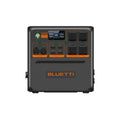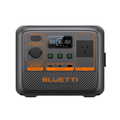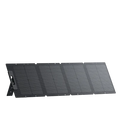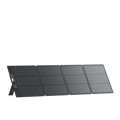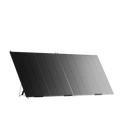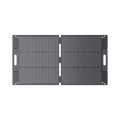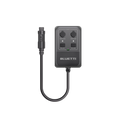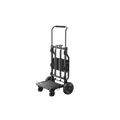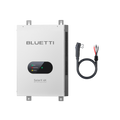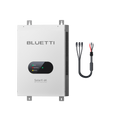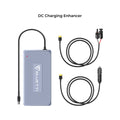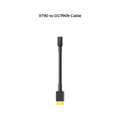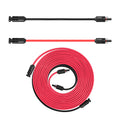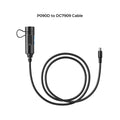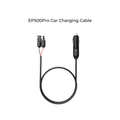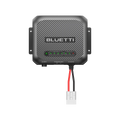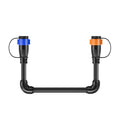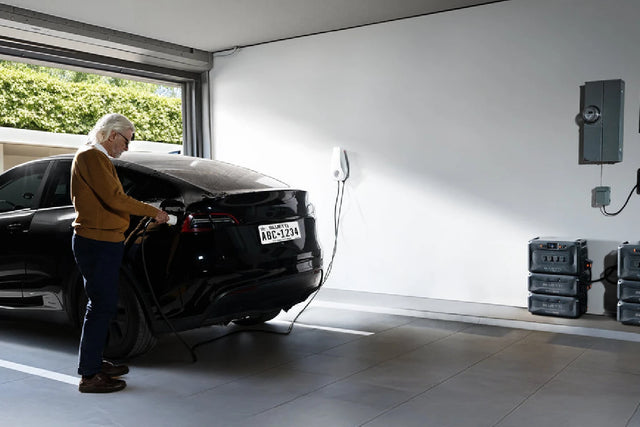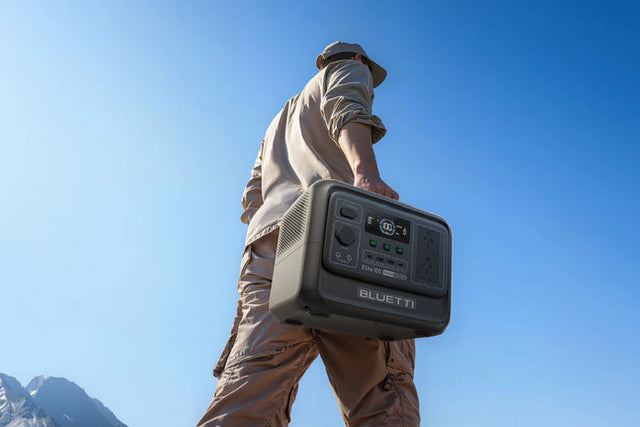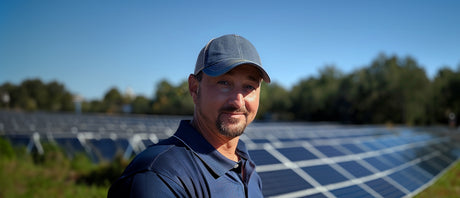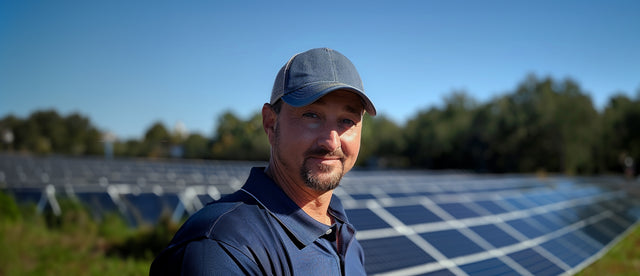Solar power is rapidly becoming a popular alternative source of energy for various industries. Agriculture, in particular, is starting to adopt solar power as a means to provide sustainable energy for farm operations. With the increasing focus on environmental protection and sustainable practices, solar-powered agriculture has become a key focus in many countries around the world, including Australia.
In the past, agriculture relied heavily on fossil fuels and grid electricity to power its operations. However, as the negative impacts of these traditional energy sources have become increasingly evident, farmers are looking for more environmentally friendly alternatives. This has led to the development and adoption of solar-powered agriculture, which utilizes solar panels and generators to provide electricity for various farm applications.
The use of solar energy in agriculture has numerous benefits, including cost reduction, reduced carbon emissions, and greater flexibility in remote or off-grid areas. Portable solar panels and generators are particularly useful for sustainable farming practices, as they allow farmers to power their operations in areas that are not connected to the grid or where electricity is unreliable.
With the continued development and improvement of solar technology, solar-powered agriculture has the potential to revolutionize farming practices and contribute to a more sustainable future for all.
Benefits of Solar-Powered Agriculture
Here are some of the key benefits of solar-powered agriculture.
1. Cost Reduction
One of the most significant advantages of solar-powered agriculture is the potential for cost reduction. Traditional energy sources, such as grid electricity and fossil fuels, can be expensive and unpredictable, making them a burden for farmers.
Solar power, on the other hand, is a clean and renewable energy source that is becoming increasingly cost-effective as technology continues to improve. By investing in solar panels and generators, farmers can reduce their reliance on traditional energy sources and potentially save on energy bills. Moreover, portable solar panels and generators are particularly useful in remote areas, where extending power lines to access the grid can be very expensive.
2. Environmental Impact
Another significant benefit of solar-powered agriculture is the reduced environmental impact. Fuel and diesel-powered generators contribute to greenhouse gas emissions and other forms of pollution, which can have a negative impact on the environment and public health. Conversely, solar power is a clean and renewable energy source that does not produce any harmful emissions. By relying on solar power, farmers can reduce their carbon footprint and contribute to a more sustainable future.
3. Mobility and Flexibility
Solar-powered agriculture also provides greater flexibility and mobility for farmers. Portable solar panels and generators allow farmers to access energy in remote or off-grid areas, which may not be possible with traditional energy sources. This mobility and flexibility also allow farmers to move their equipment to different locations on their farms as needed without needing to rely on a fixed power source.
4. Increased Resilience
In many regions, electricity infrastructure can be unreliable, especially during extreme weather events or natural disasters. By utilizing solar-powered systems, farmers can increase their resilience and ensure that their operations continue to function even in the event of a power outage. This is especially important for critical farm applications, such as irrigation systems and livestock feeding.
5. Improved Crop Yields
Solar-powered systems can also have a positive impact on crop yields. Irrigation systems, in particular, can benefit from solar power, as solar-powered pumps can be used to deliver water to crops. By relying on solar-powered irrigation systems, farmers can ensure that their crops receive consistent and reliable water, which can lead to higher yields and better crop quality.
6. Diversification of Income
In addition to providing power for farm operations, solar-powered systems can also generate excess energy that can be sold back to the grid. This can provide farmers with an additional source of income, as they can earn money by selling their excess energy. In some regions, there are also government incentives and tax credits for solar power, which can further incentivize farmers to adopt this technology.
Applications of Portable Solar Panels and Generators in Agriculture
Portable solar panels and generators have numerous applications in agriculture, providing farmers with a reliable source of clean energy that can be used to power various farm operations. Here are some common applications of portable solar panels and generators in agriculture:
1. Irrigation Systems
Irrigation systems are critical for ensuring that crops receive consistent and reliable water. Solar-powered pumps can be used to deliver water to crops, eliminating the need for grid electricity or diesel-powered generators. Solar-powered irrigation systems are particularly useful in remote areas where grid electricity is not available or where diesel-powered generators are expensive to operate. These systems can also be combined with water storage tanks and drip irrigation systems to further conserve water.
2. Livestock Feeding
Solar-powered systems can also be used to power livestock feeding equipment, such as feed mixers and grinders. This is particularly useful in remote areas where grid electricity is not available or where it is unreliable. By using solar-powered equipment, farmers can ensure that their livestock receives a consistent and reliable source of food, which can lead to improved health and productivity.
3. Electric Fencing
Electric fencing is commonly used to keep livestock within a designated area and to protect crops from wildlife. Solar-powered electric fencing systems can provide a reliable source of power for electric fencing, eliminating the need for grid electricity or diesel-powered generators. These systems are particularly useful in remote areas where grid electricity is not available or where it is expensive to run power lines.
4. Lighting
Portable solar panels and generators can also provide lighting for farm operations, such as barns and storage sheds. By using solar-powered lighting systems, farmers can ensure that their operations remain well-lit, even in areas that are not connected to the grid.
5. Mobile Equipment
Portable solar panels and generators can also be used to power mobile farm equipment, such as tractors and other agricultural machinery.
How to Choose Portable Solar Panels and Generators for Solar-Powered Agriculture
When choosing portable solar panels and generators for solar-powered agriculture, there are several factors to consider. Here are some key considerations to keep in mind:
1. Power Needs
The first consideration is the amount of power needed to operate the desired equipment. Different farm operations will have different power requirements, so it is important to calculate the amount of power needed before selecting a solar panel and generator. Make sure to account for peak power usage and any energy storage needs.
2. Portability
Portability is another important consideration. Portable solar panels and generators should be easy to transport and set up. Depending on the needs of the farm operation, a portable solar panel and generator kit can range from lightweight to more heavy-duty.
3. Durability
Durability is also important, especially for farm equipment that may be exposed to harsh weather conditions or rough handling. Look for equipment that is designed to withstand exposure to the elements, including water, wind, and dust.
4. Battery Storage
Battery storage is critical for solar-powered systems, as it allows for energy to be stored and used when the sun is not shining. When selecting a solar panel and generator, consider the capacity of the battery storage and how long it can power the desired equipment.
5. Compatibility
Ensure that the portable solar panels and generators are compatible with the equipment they will be powering. It's important to choose equipment that can accommodate the voltage and power requirements of the equipment.
6. Cost
Cost is also an important consideration. While solar-powered systems can save money in the long run, the initial cost of equipment can be a significant investment. Make sure to weigh the cost of the equipment against the potential cost savings from reduced energy bills and increased efficiency.

How to Maximize Output from Solar Panels and Generators for Solar-Powered Agriculture
Maximizing the output from solar panels and generators is essential for ensuring that solar-powered agriculture is cost-effective and efficient. Here are some tips for maximizing the output from solar panels and generators for solar-powered agriculture:
1. Proper Placement
The placement of solar panels is crucial for maximizing output. Solar panels should be placed in a location that receives maximum sunlight exposure, with minimal shading from trees or buildings. Consider the orientation of the panels to ensure they are angled to capture maximum sunlight.
2. Regular Cleaning
Dirty or dusty solar panels can significantly reduce their efficiency. Regular cleaning of solar panels can help to maximize their output. Make sure to remove any dirt or debris that accumulates on the surface of the panels.
3. Monitor and Maintain Equipment
Regular monitoring and maintenance of solar panels and generators can help to identify any issues that may be reducing their output. Check the battery storage, wiring, and other components of the solar-powered system to ensure they are functioning correctly.
4. Choose High-Quality Equipment
Choosing high-quality solar panels and generators can help to ensure maximum output. High-quality equipment is often more efficient and reliable, which can lead to increased energy production and lower maintenance costs in the long run.
5. Use Energy-Efficient Equipment
Selecting energy-efficient equipment can help to reduce the overall power consumption of the farm operation. Choose equipment that is designed to operate with lower power requirements, and consider upgrading older, less-efficient equipment.
6. Consider Adding Energy Storage
Adding energy storage to a solar-powered system can help maximize output by storing excess energy when the sun is not shining. This can help reduce the need for grid electricity or diesel-powered generators, increasing energy independence and cost savings.

Wrapping Up
Solar-powered agriculture has the potential to revolutionize farming practices and contribute to a more sustainable and environmentally friendly future. With portable solar panels and generators, farmers can reduce their reliance on grid electricity and fossil fuels while also generating income and improving the efficiency of their operations. With continued investment and support, solar-powered agriculture can become a mainstream practice in agriculture and contribute to a more sustainable future for all.
Shop products from this article
Be the First to Know
You May Also Like

Let’s discover the guide for solo, couple, or full-fledged crew. Shows for must-see, outdoor fun and packing tips.

Hamilton Island Race Week 2025, the Whitsundays, Australia. Sailing activities, sponsors, dates, participating boats schedule, and programme.
This Wilson Prom Camping guide has got you covered from booking tips and campsite choices to what to pack for an amazing camping experience.


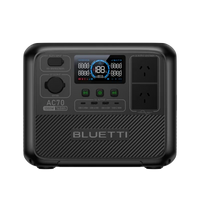
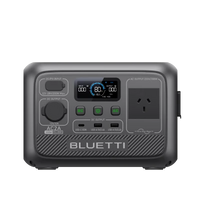
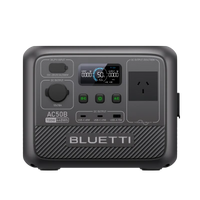

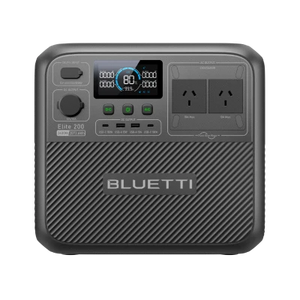
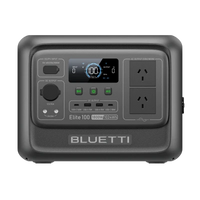
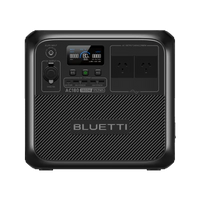
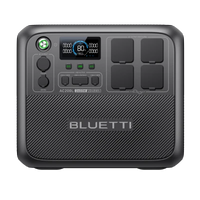
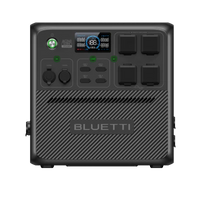
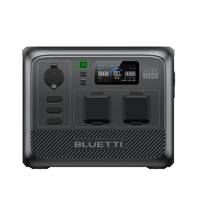
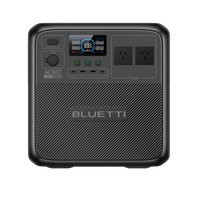


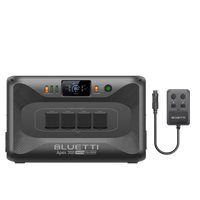

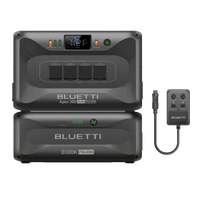
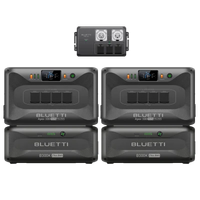
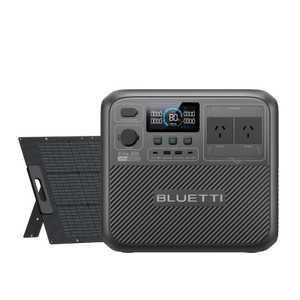
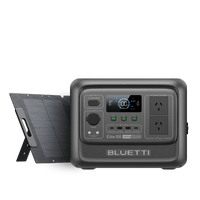
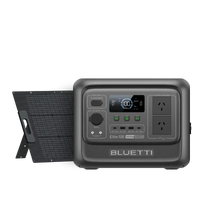
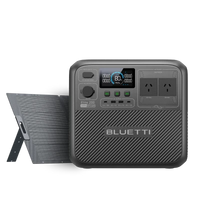
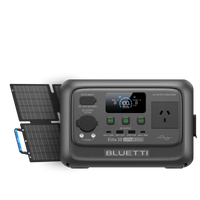
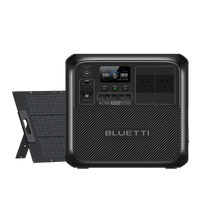
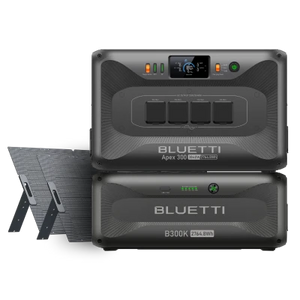
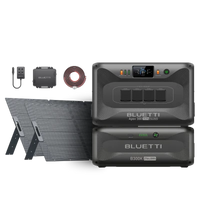
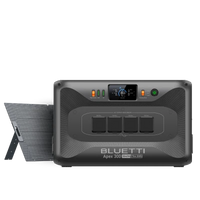
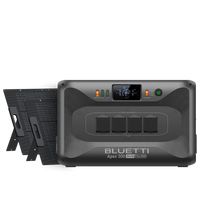
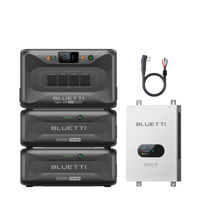

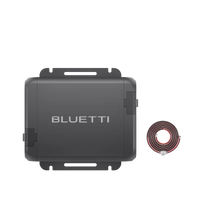
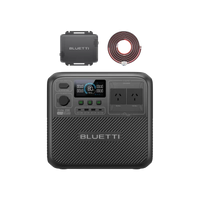
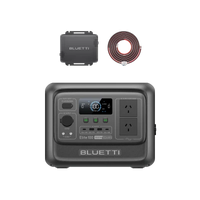
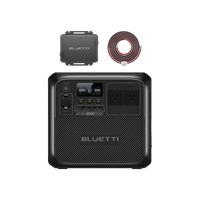
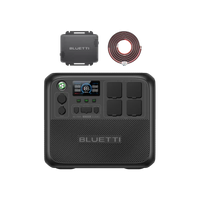
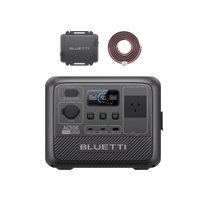
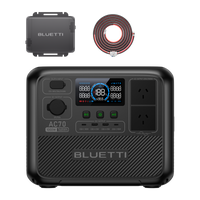


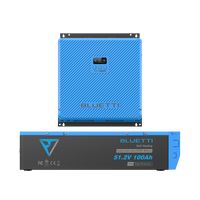
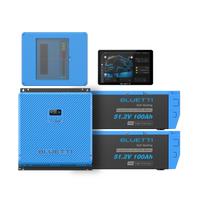
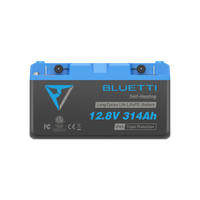
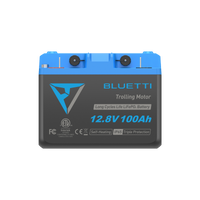
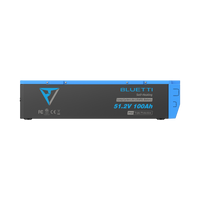
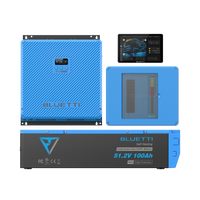
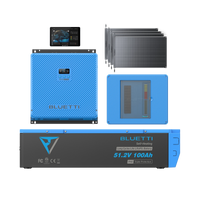
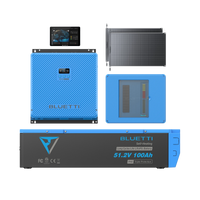
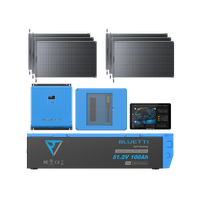




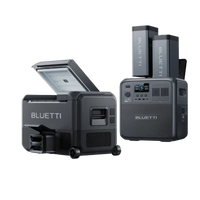
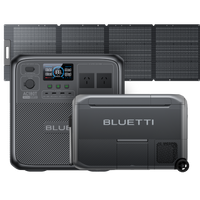
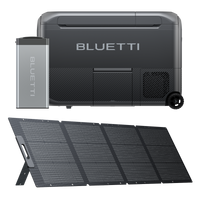




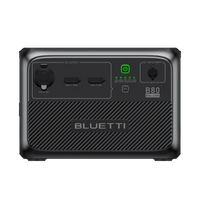
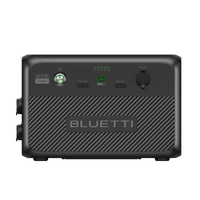

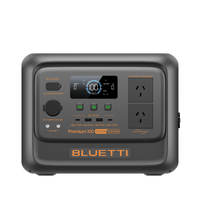
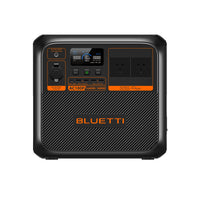

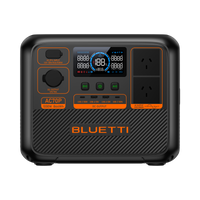
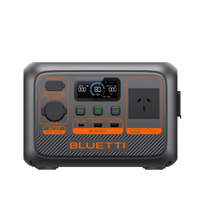
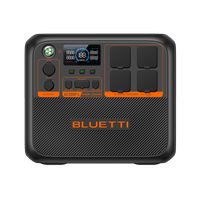
![[Phased Out] BLUETTI B80P Expansion Battery | 806Wh](http://www.bluettipower.com.au/cdn/shop/files/202310025B80P_2000-2000px_4_4caa0c1c-4dab-4272-9e9b-2b7507e5bd81.jpg?v=1713777870&width=200)
![[Phased Out] BLUETTI B210P Expansion Battery | 2,150Wh](http://www.bluettipower.com.au/cdn/shop/files/2_08cf9ef3-03a4-4489-b641-d3edb8094896.webp?v=1716016566&width=200)
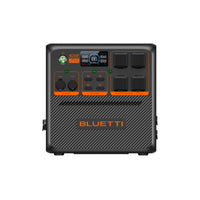
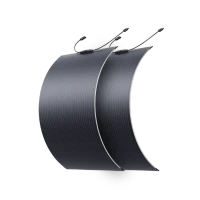
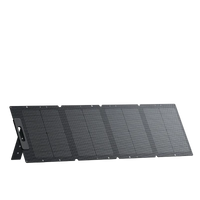
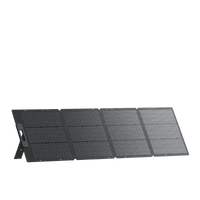
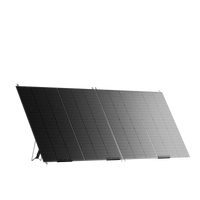

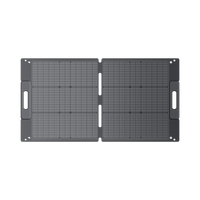

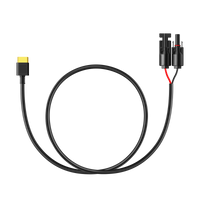
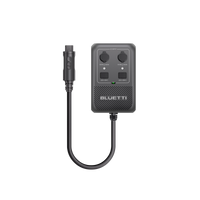
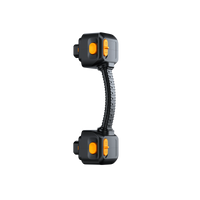
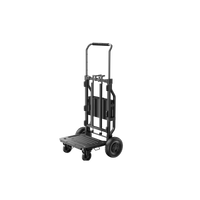
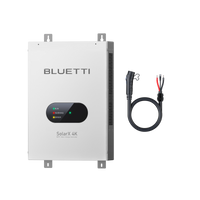
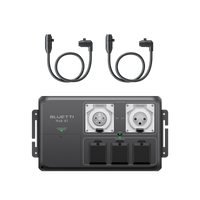
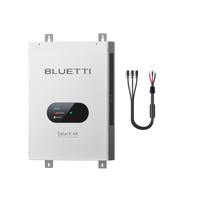
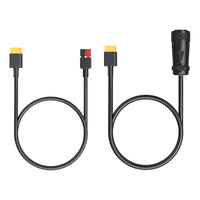
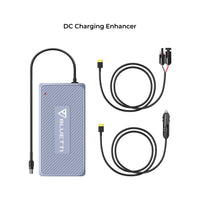

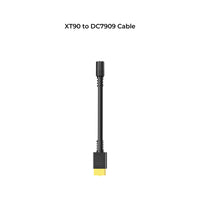
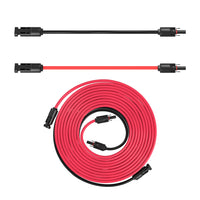
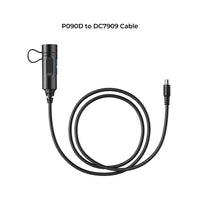
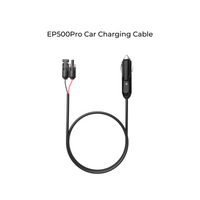
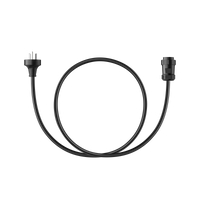
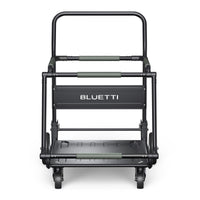
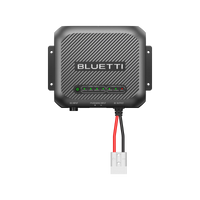
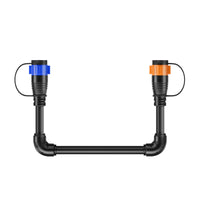



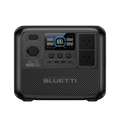
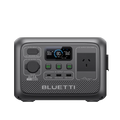
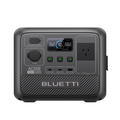


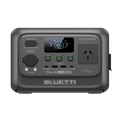
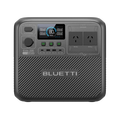
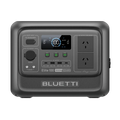
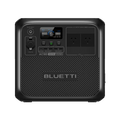
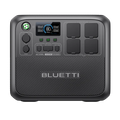
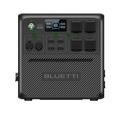
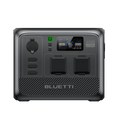
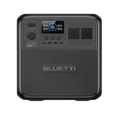


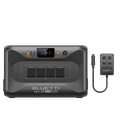

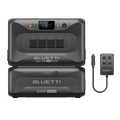
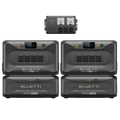




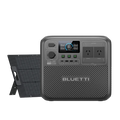
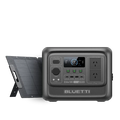
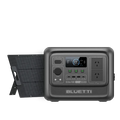
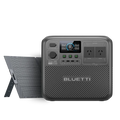
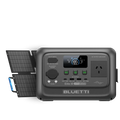
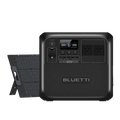
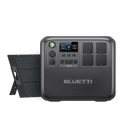
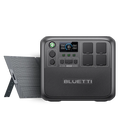




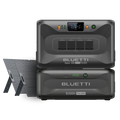

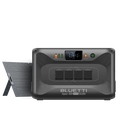
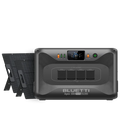
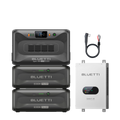


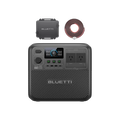
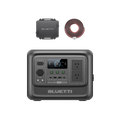
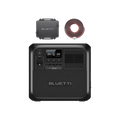


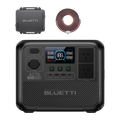
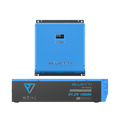
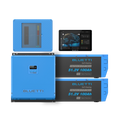
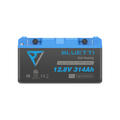



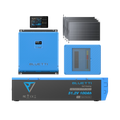

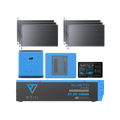





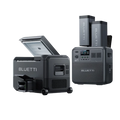
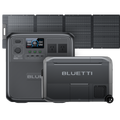





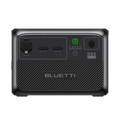
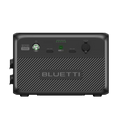


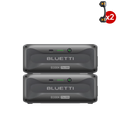
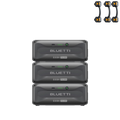




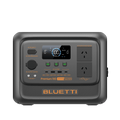
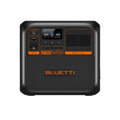


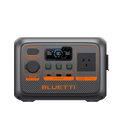

![[Phased Out] BLUETTI B80P Expansion Battery | 806Wh](http://www.bluettipower.com.au/cdn/shop/files/202310025B80P_2000-2000px_4_4caa0c1c-4dab-4272-9e9b-2b7507e5bd81.jpg?v=1713777870&width=120)
![[Phased Out] BLUETTI B210P Expansion Battery | 2,150Wh](http://www.bluettipower.com.au/cdn/shop/files/2_08cf9ef3-03a4-4489-b641-d3edb8094896.webp?v=1716016566&width=120)
